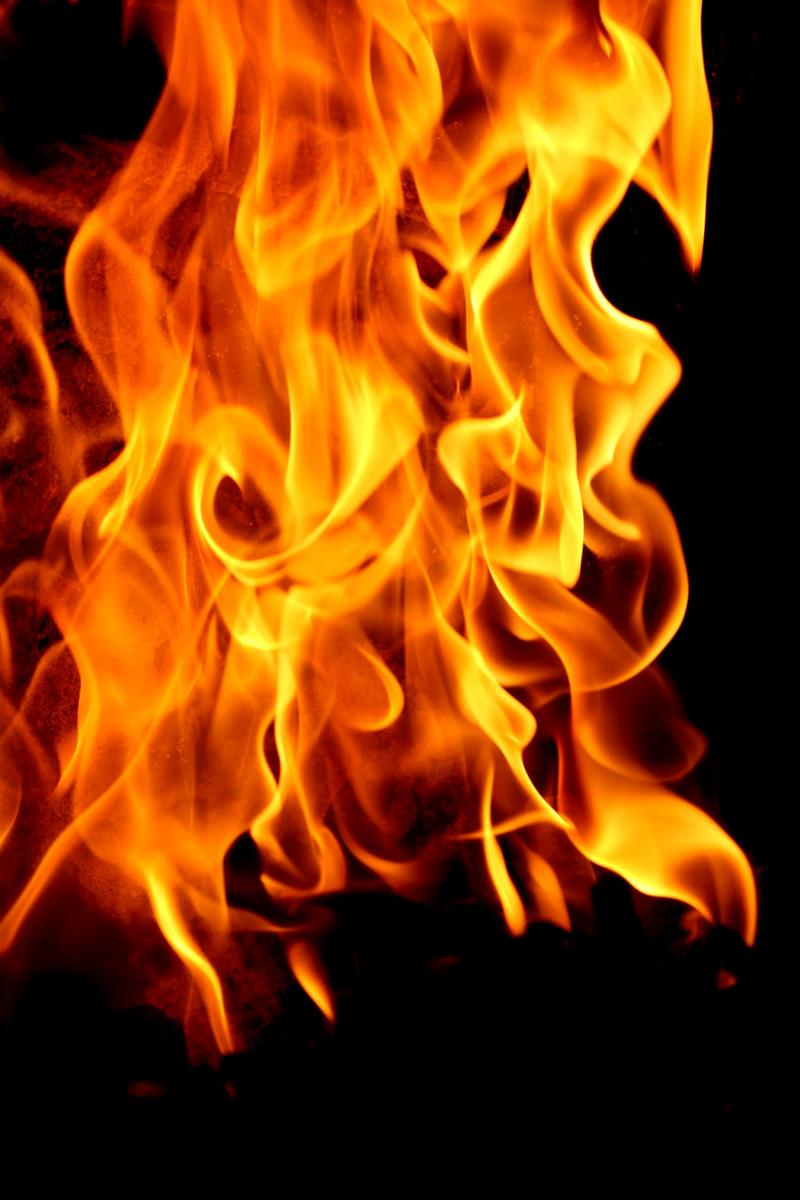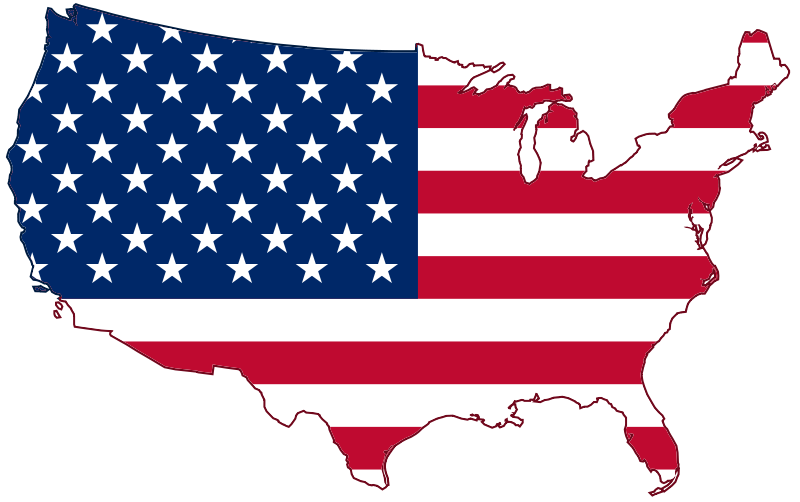This Week in History, Jun 30 - Jul 6
Jun 30, 1936
Gone with the Wind published. Margaret Mitchell's Gone with the Wind, one of the best-selling novels of all time and the basis for a blockbuster 1939 movie, is published on this day in 1936. In 1926, Mitchell was forced to quit her job as a reporter at the Atlanta Journal to recover from a series of physical injuries. With too much time on her hands, Mitchell soon grew restless. Working on a Remington typewriter, a gift from her second husband, John R. Marsh, in their cramped one-bedroom apartment, Mitchell began telling the story of an Atlanta belle named Pansy O'Hara.
Jul 01, 1997
Hong Kong returned to China. At midnight on July 1, 1997, Hong Kong reverts back to Chinese rule in a ceremony attended by British Prime Minister Tony Blair, Prince Charles of Wales, Chinese President Jiang Zemin, and U.S. Secretary of State Madeleine Albright. A few thousand Hong Kongers protested the turnover, which was otherwise celebratory and peaceful. In 1839, Britain invaded China to crush opposition to its interference in the country's economic, social, and political affairs. One of Britain's first acts of the war was to occupy Hong Kong, a sparsely inhabited island off the coast of southeast China. In 1841, China ceded the island to the British with the signing of the Convention of Chuenpi, and in 1842 the Treaty of Nanking was signed, formally ending the First Opium War.
Jul 02, 1964
Johnson signs Civil Rights Act. On this day in 1964, U.S. President Lyndon B. Johnson signs into law the historic Civil Rights Act in a nationally televised ceremony at the White House. In the landmark 1954 case Brown v. Board of Education, the U.S. Supreme Court ruled that racial segregation in schools was unconstitutional. The 10 years that followed saw great strides for the African-American civil rights movement, as non-violent demonstrations won thousands of supporters to the cause. Memorable landmarks in the struggle included the Montgomery bus boycott in 1955--sparked by the refusal of Alabama resident Rosa Parks to give up her seat on a city bus to a white woman--and Martin Luther King, Jr.'s famous "I have a dream" speech at a rally of hundreds of thousands in Washington, D.C., in 1963.
Jul 03, 1863
Battle of Gettysburg ends. On the third day of the Battle of Gettysburg, Confederate General Robert E. Lee's last attempt at breaking the Union line ends in disastrous failure, bringing the most decisive battle of the American Civil War to an end. In June 1863, following his masterful victory at the Battle of Chancellorsville, General Lee launched his second invasion of the Union in less than a year. He led his 75,000-man Army of Northern Virginia across the Potomac River, through Maryland, and into Pennsylvania, seeking to win a major battle on Northern soil that would further dispirit the Union war effort and induce Britain or France to intervene on the Confederacy's behalf. The 90,000-strong Army of the Potomac pursued the Confederates into Maryland, but its commander, General Joseph Hooker, was still stinging from his defeat at Chancellorsville and seemed reluctant to chase Lee further. Meanwhile, the Confederates divided their forces and investigated various targets, such as Harrisburg, the Pennsylvania capital.
Jul 04, 1776
U.S. declares independence. In Philadelphia, Pennsylvania, the Continental Congress adopts the Declaration of Independence, which proclaims the independence of the United States of America from Great Britain and its king. The declaration came 442 days after the first volleys of the American Revolution were fired at Lexington and Concord in Massachusetts and marked an ideological expansion of the conflict that would eventually encourage France's intervention on behalf of the Patriots. The first major American opposition to British policy came in 1765 after Parliament passed the Stamp Act, a taxation measure to raise revenues for a standing British army in America. Under the banner of "no taxation without representation," colonists convened the Stamp Act Congress in October 1765 to vocalize their opposition to the tax. With its enactment in November, most colonists called for a boycott of British goods, and some organized attacks on the customhouses and homes of tax collectors. After months of protest in the colonies, Parliament voted to repeal the Stamp Act in March 1766.
Jul 05, 1946
Bikini introduced. On July 5, 1946, French designer Louis Reard unveils a daring two-piece swimsuit at the Piscine Molitor, a popular swimming pool in Paris. Parisian showgirl Micheline Bernardini modeled the new fashion, which Reard dubbed "bikini," inspired by a news-making U.S. atomic test that took place off the Bikini Atoll in the Pacific Ocean earlier that week. European women first began wearing two-piece bathing suits that consisted of a halter top and shorts in the 1930s, but only a sliver of the midriff was revealed and the navel was vigilantly covered. In the United States, the modest two-piece made its appearance during World War II, when wartime rationing of fabric saw the removal of the skirt panel and other superfluous material. Meanwhile, in Europe, fortified coastlines and Allied invasions curtailed beach life during the war, and swimsuit development, like everything else non-military, came to a standstill.








